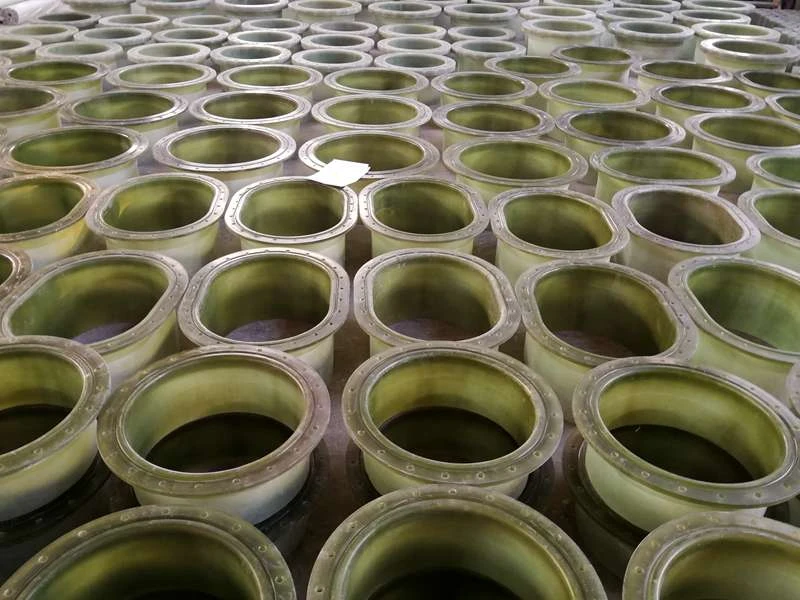
-
 Afrikaans
Afrikaans -
 Albanian
Albanian -
 Amharic
Amharic -
 Arabic
Arabic -
 Armenian
Armenian -
 Azerbaijani
Azerbaijani -
 Basque
Basque -
 Belarusian
Belarusian -
 Bengali
Bengali -
 Bosnian
Bosnian -
 Bulgarian
Bulgarian -
 Catalan
Catalan -
 Cebuano
Cebuano -
 China
China -
 China (Taiwan)
China (Taiwan) -
 Corsican
Corsican -
 Croatian
Croatian -
 Czech
Czech -
 Danish
Danish -
 Dutch
Dutch -
 English
English -
 Esperanto
Esperanto -
 Estonian
Estonian -
 Finnish
Finnish -
 French
French -
 Frisian
Frisian -
 Galician
Galician -
 Georgian
Georgian -
 German
German -
 Greek
Greek -
 Gujarati
Gujarati -
 Haitian Creole
Haitian Creole -
 hausa
hausa -
 hawaiian
hawaiian -
 Hebrew
Hebrew -
 Hindi
Hindi -
 Miao
Miao -
 Hungarian
Hungarian -
 Icelandic
Icelandic -
 igbo
igbo -
 Indonesian
Indonesian -
 irish
irish -
 Italian
Italian -
 Japanese
Japanese -
 Javanese
Javanese -
 Kannada
Kannada -
 kazakh
kazakh -
 Khmer
Khmer -
 Rwandese
Rwandese -
 Korean
Korean -
 Kurdish
Kurdish -
 Kyrgyz
Kyrgyz -
 Lao
Lao -
 Latin
Latin -
 Latvian
Latvian -
 Lithuanian
Lithuanian -
 Luxembourgish
Luxembourgish -
 Macedonian
Macedonian -
 Malgashi
Malgashi -
 Malay
Malay -
 Malayalam
Malayalam -
 Maltese
Maltese -
 Maori
Maori -
 Marathi
Marathi -
 Mongolian
Mongolian -
 Myanmar
Myanmar -
 Nepali
Nepali -
 Norwegian
Norwegian -
 Norwegian
Norwegian -
 Occitan
Occitan -
 Pashto
Pashto -
 Persian
Persian -
 Polish
Polish -
 Portuguese
Portuguese -
 Punjabi
Punjabi -
 Romanian
Romanian -
 Russian
Russian -
 Samoan
Samoan -
 Scottish Gaelic
Scottish Gaelic -
 Serbian
Serbian -
 Sesotho
Sesotho -
 Shona
Shona -
 Sindhi
Sindhi -
 Sinhala
Sinhala -
 Slovak
Slovak -
 Slovenian
Slovenian -
 Somali
Somali -
 Spanish
Spanish -
 Sundanese
Sundanese -
 Swahili
Swahili -
 Swedish
Swedish -
 Tagalog
Tagalog -
 Tajik
Tajik -
 Tamil
Tamil -
 Tatar
Tatar -
 Telugu
Telugu -
 Thai
Thai -
 Turkish
Turkish -
 Turkmen
Turkmen -
 Ukrainian
Ukrainian -
 Urdu
Urdu -
 Uighur
Uighur -
 Uzbek
Uzbek -
 Vietnamese
Vietnamese -
 Welsh
Welsh -
 Bantu
Bantu -
 Yiddish
Yiddish -
 Yoruba
Yoruba -
 Zulu
Zulu
fiberglass sewer pipe
The Benefits of Fiberglass Sewer Pipes
When it comes to sewer infrastructure, the choice of materials is crucial for ensuring durability, efficiency, and cost-effectiveness. One innovative solution that has gained significant traction in recent years is the use of fiberglass sewer pipes. These pipes offer numerous advantages that make them an attractive option for municipalities and contractors alike.
Firstly, fiberglass sewer pipes are known for their exceptional strength-to-weight ratio. Unlike traditional materials such as concrete or steel, fiberglass is lightweight, making it easier to handle and install. This lightweight nature reduces labor costs and equipment requirements, allowing for faster project completion. In addition, the inherent strength of fiberglass means that it can withstand considerable external pressures, making it ideal for various soil types and conditions.
Another highlight of fiberglass pipes is their corrosion resistance. Traditional materials often suffer from deterioration due to chemical reactions with sewage, moisture, and soil. In contrast, fiberglass is non-corrosive, significantly extending the lifespan of the sewer system. This durability translates to lower maintenance and replacement costs, ultimately providing long-term savings for municipalities and organizations.
fiberglass sewer pipe

Moreover, fiberglass pipes exhibit excellent hydraulic properties. The smooth inner surface of these pipes minimizes friction loss, allowing for efficient flow and reducing the risk of blockages. This characteristic is particularly valuable in high-flow situations where maximizing capacity is essential. In addition, the flexible nature of fiberglass allows for installation in challenging terrains and configurations, further enhancing its versatility.
Environmental considerations are also an essential factor in today’s infrastructure projects. Fiberglass sewer pipes are often manufactured using sustainable practices and can be recycled at the end of their life cycle. Their durability and longevity mean that they contribute to less environmental waste compared to traditional materials, making them a more eco-friendly choice.
Furthermore, the installation of fiberglass sewer pipes can lead to fewer disruptions and reduced traffic in urban areas. Since these pipes can be installed with trenchless technology, there is a decreased need for extensive excavation, resulting in less surface disruption. This is particularly beneficial in densely populated areas where minimizing impact on daily activities is crucial.
In conclusion, fiberglass sewer pipes represent a modern and efficient choice for sewer infrastructure. Their lightweight nature, corrosion resistance, excellent flow characteristics, and environmentally friendly properties make them a superior alternative to traditional materials. As cities and towns continue to upgrade their sewer systems, the adoption of fiberglass pipes can lead to more reliable, cost-effective, and sustainable solutions. With these advantages, it's clear that fiberglass is paving the way for the future of sewer management.
Latest news
-
Exploring the Benefits of Top Hammer Drifter Rods for Enhanced Drilling PerformanceNewsJun.10,2025
-
High-Precision Fiberglass Winding Machine for GRP/FRP Pipe Production – Reliable & Efficient SolutionsNewsJun.10,2025
-
FRP Pipes & Fittings for Shipbuilding - Corrosion-Resistant & LightweightNewsJun.09,2025
-
Premium FRP Flooring Solutions Durable & Slip-ResistantNewsJun.09,2025
-
Premium Fiberglass Rectangular Tanks Durable & Lightweight SolutionNewsJun.09,2025
-
Tapered Drill String Design Guide Durable Performance & UsesNewsJun.09,2025









